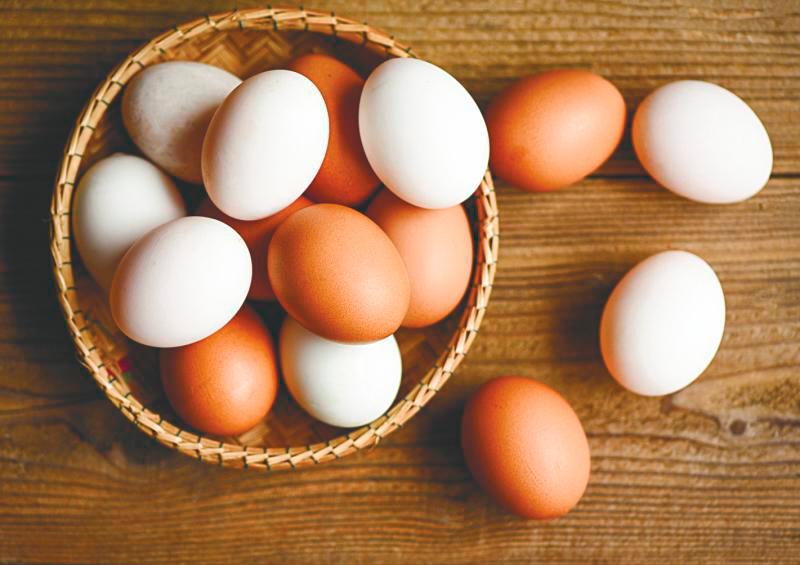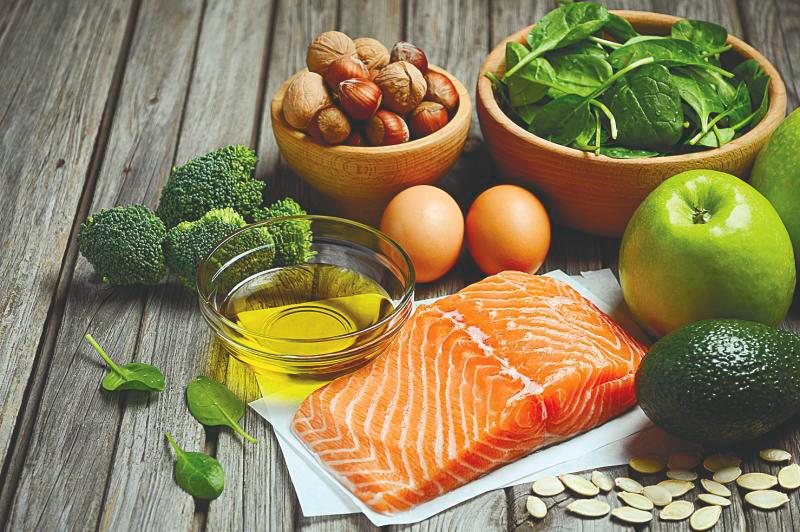EYES are one of the most important organs in our body, and maintaining good eye health is essential for our overall well-being. Just like other parts of our body, our eyes require proper nutrition to function correctly and maintain optimal health. In this article, we will discuss the importance of good eye health and provide you with a list of foods that are beneficial to your eyes.
Importance of Good Eye Health
Our eyes are constantly exposed to harmful external factors, such as UV rays, pollution, and blue light emitted from electronic devices. These factors can lead to various eye problems, such as cataracts, macular degeneration, and dry eyes. To prevent these issues, it is crucial to maintain good eye health by following a healthy diet and lifestyle.

Top Foods for Healthy Eyes
-> Leafy Green Vegetables
Green leafy vegetables like spinach, kale, and collard greens are abundant in lutein and zeaxanthin. These antioxidants play an important role in preventing age-related eye diseases like cataracts and macular degeneration. In addition, these veggies are also high in vitamins C and E, which are important for maintaining healthy eyes. These vitamins, along with lutein and zeaxanthin, provide protective benefits against long-term eye problems like cataracts and AMD.
-> Fish
Fatty fish like salmon, tuna, and mackerel are rich in omega-3 fatty acids, which can significantly lower the risk of developing macular degeneration and dry eyes. Our retinas require two types of omega-3 fatty acids, DHA and EPA, to function properly, and these are abundantly found in fatty fish, as well as other seafood like trout. Omega-3s or known as fish oil, also provide protective benefits against eye diseases such as glaucoma. In fact, low levels of these fatty acids have been linked to dry eyes, making it important to include them in your diet.
-> Eggs
Eggs are a beneficial source of lutein and zeaxanthin, which are essential for protecting your eyes against macular degeneration and cataracts. Moreover, the zinc present in eggs aids in the absorption of these antioxidants from the yolk. These compounds have a yellow-orange color that acts as a shield against harmful blue light that can damage your retina.
-> Nuts and Seeds
Nuts like almonds and walnuts, as well as seeds like chia and flax seeds, are packed with omega-3 fatty acids, vitamin E, and zinc, which can provide protection against age-related macular degeneration. Chickpeas are a good vegetarian option for those who want to maintain their night vision and slow down AMD while eating something low in fat and high in fiber. Similarly, zinc-rich foods include black-eyed peas, kidney beans, and lentils.
-> Citrus Fruits
Citrus fruits, such as oranges and lemons, are high in vitamin C, which is necessary for maintaining healthy eyes. This nutrient can help prevent cataracts and age-related macular degeneration by supporting the blood vessels in your eyes. You can ensure that your body gets enough of this important vitamin by eating a diet high in fresh fruits and vegetables.
-> Carrots
Carrots are often linked to good eye health due to their high beta-carotene content, which can enhance night vision and provide protection against macular degeneration. The body converts beta-carotene into vitamin A, an essential nutrient for maintaining healthy eyesight. Inadequate levels of vitamin A can cause dry eyes, corneal damage, night blindness, and vision impairment.

Lifestyle Changes for Good Eye Health
To maintain good eye health, incorporating a healthy diet is just one piece of the puzzle. There are also several lifestyle changes that can be made to promote healthy eyes. Quitting smoking is crucial, as it can increase the risk of cataracts, macular degeneration, and dry eyes.
Also protecting your eyes from the sun by wearing sunglasses with UV protection is important to prevent harmful UV rays from damaging your eyes.
Taking breaks from screen time is also crucial to prevent eye strain, dry eyes, and blurred vision. Following the 20-20-20 rule, which involves taking a 20-second break every 20 minutes and looking at something 20 feet away, is a great way to give your eyes a break.
Last but not least, getting regular eye exams can help detect any eye problems early and prevent them from worsening.









